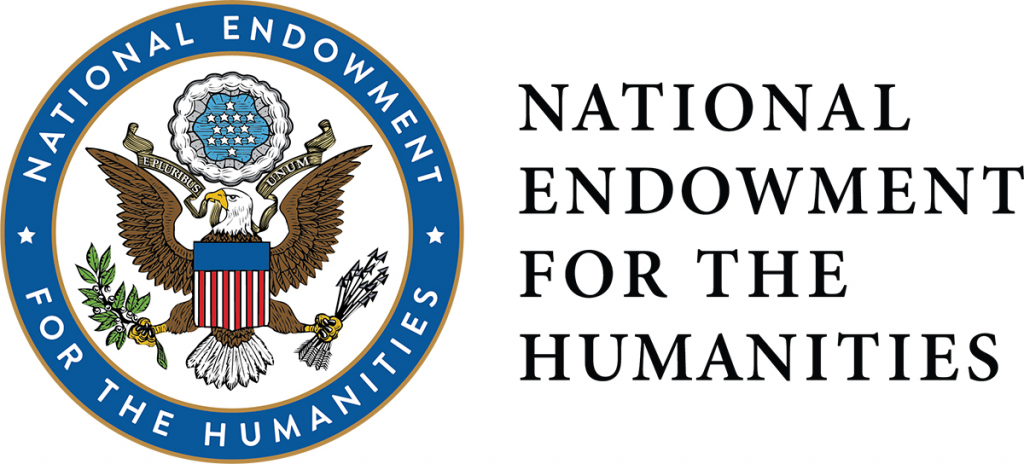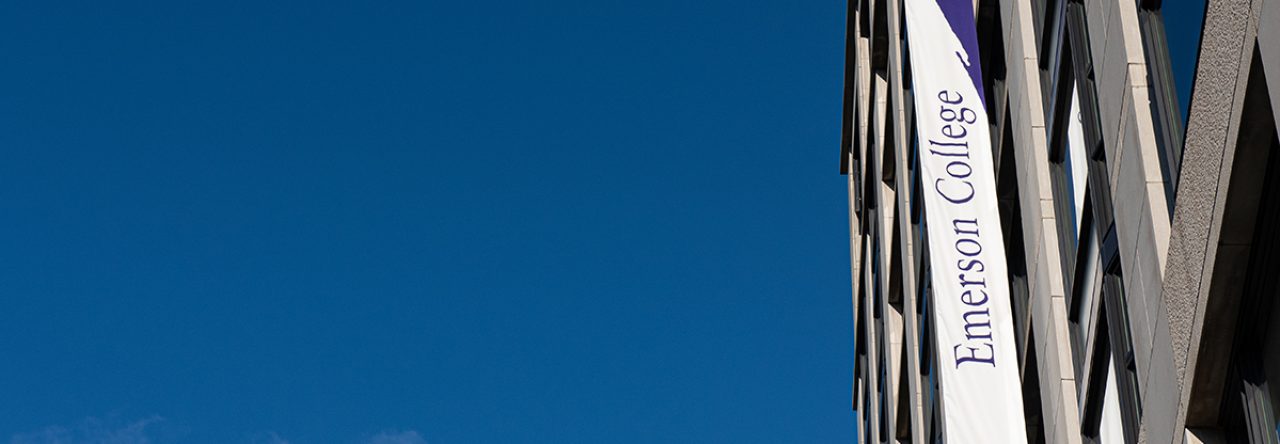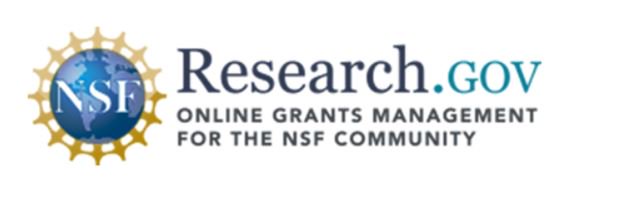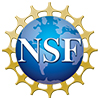
Dear Faculty:
The National Endowment for the Humanities currently has two open grant opportunities that may be of interest to faculty. Emerson College may submit more than one application to each program, so long as the applications do not contain overlapping activities or costs. If you are interested in applying, please contact Diana Potter or Eric Asetta. All applications must be submitted by Emerson College via ORCS.
********************************************
Media Projects (Deadline: January 11, 2024)
The Media Projects program supports the development, production, and distribution of radio programs, podcasts, documentary films, and documentary film series that engage general audiences with humanities ideas in creative and appealing ways. Projects must be grounded in humanities scholarship and demonstrate an approach that is thoughtful, balanced, and analytical. Media Projects offers two levels of funding: Development and Production.
Development awards (up to $75,000 total funds; $48,077 after overhead) enable media producers to collaborate with scholars to develop humanities content and other program elements. Awards must result in a script or detailed treatment(s). You may also use a Development award to plan for outreach and public engagement.
Production awards (up to $700,000; $448,718 after overhead) must result in the production and distribution of radio, podcast, television, and documentary film projects.
Projects may include supplementary components such as discussion programs or websites.
All Media Projects proposals should be intended for national or regional distribution, and must:
- build on sound humanities scholarship
- deepen public understanding of significant humanities questions
- approach a subject analytically, presenting a variety of perspectives
- involve humanities scholars in all phases of development and production
- involve appropriate media professionals
- employ appealing and accessible formats that will actively engage the general public in learning
A pre-recorded webinar on the program can be viewed here. Additionally, a draft proposal may be submitted to NEH for feedback by November 29, 2023.
********************************************
Public Humanities Projects (Deadline: January 11, 2024)
The Public Humanities Projects program supports projects that bring the ideas of the humanities to life for general audiences through public programming. Projects must engage humanities scholarship to analyze significant themes in disciplines such as history, literature, ethics, and art history. Awards support projects that are intended to reach broad and diverse public audiences in non-classroom settings in the United States.
Public Humanities Projects supports projects in three categories (Exhibitions, Historic Places, and Humanities Discussions), and at two funding levels (Planning and Implementation). Proposed projects may include complementary components: for example, a museum exhibition might be accompanied by a website or mobile app.
Project topics may be international, national, regional, or local in focus, but locally focused projects should address topics that are of regional or national relevance by drawing connections to broad themes or historical questions.
Planning awards ($40,000 total; $25,641 after overhead) are available only to Exhibitions and Historic Places applicants. These awards provide up to 24 months of support for projects that have completed preliminary work resulting in the identification of possible analytical themes and interpretive methods that you will further explore during the planning period.
Implementation awards support projects that are in the final stages of preparation to “go live” before the public. Activities may include final scholarly research and consultation, design, production, and installation of a project for presentation to the public. The period of performance must include the required minimum exhibition time. Implementation awards range from $50,000 to $400,000 ($32,051 to $256,410 after overhead) with a period of performance from 12 to 48 months.
You can watch the Applying for Public Humanities Projects webinar here. Additionally, a draft proposal may be submitted to NEH for feedback by November 29, 2023.




